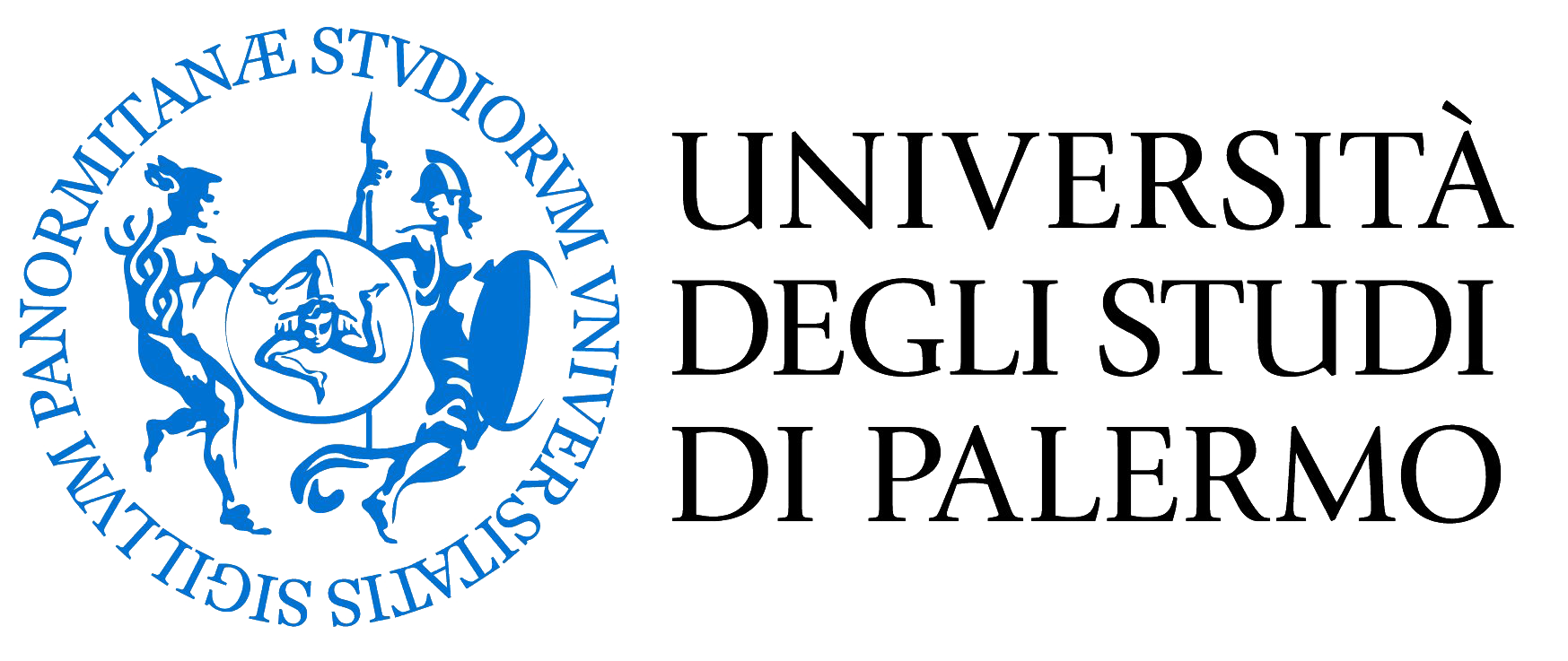
University of Palermo
The University of Palermo (UNIPA) is a well consolidated cultural, scientific and teaching presence in central-western Sicily with more of 40000 students. Its 5 Faculties cover the most important domains of current scientific and technological knowledge. About 130 courses (first and second level) are yearly offered, as well as 50 master and specialization, and 30 PhD courses, targeted to the training of specific professional figures, often in cooperation with external institutions and companies. UNIPA is also present in Agrigento, Caltanissetta e Trapani.
Palermo University has 16 Departments, where researchers every day look for new solution to the questions posed by nature, science and society. From Economy to Biology, from Physics to Medicine, to Social Sciences and Preservation of Cultural Heritage, the University works to make its contribution of innovation and progress to the international scientific community and the world of production.
The Department of Physics and Chemistry (DiFC) at the University of Palermo was founded in 2013, when the former Departments of Physics, Applied Physics and related Technologies and Chemistry merged. The Department manages the Physics degree course (first and second level), the Master Degree in Conservation and Restoration of Cultural Heritage, the second level Degree in Chemistry, the PhD in Physics and Chemistry, the Master in Medical Physics. Since its activation, DiFC distinguished for the success obtained in the approval of European and National projects and for the numerous collaborations with national and international research centers.
The scientific productivity of DiFC is copious and of considerable level.
The most relevant skills and expertise of DiFC researchers are:
i) innovative scientific quantitative and qualitative analysis methods;
ii) transfer of scientific know-how;
iii) new and strategic learning and training methodologies;
iv) use of modern Information Technologies (IT) in teaching/learning Science; v) study of the learning of scientific concepts (conceptual nodes and cognitive problems);
v) applied research and modelling processes.
Dominique Persano Adorno
Web: www.unipa.it
E-Mail: dominique.persanoadorno@unipa.it
